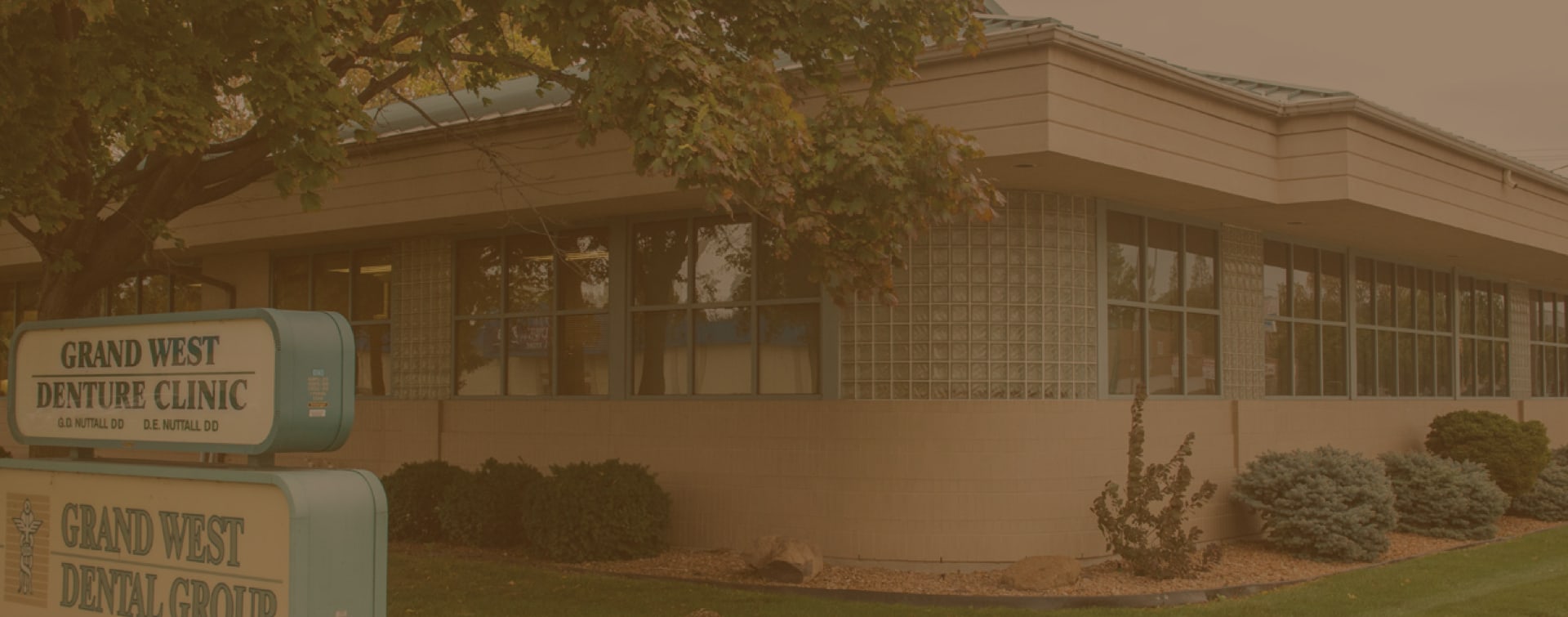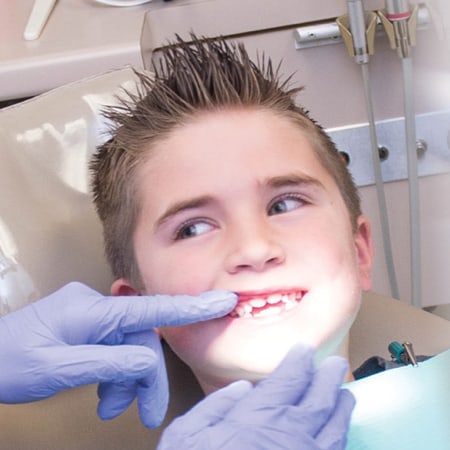Cavities are among the most common dental issues people think about when considering their oral health. So, it’s understandable that people wonder if cavities can heal themselves. Luckily, that exact thing is possible! However, cavities can only be reversed in the early stages of demineralization. After tooth decay has advanced beyond this, cavities must be treated by a professional.
Understanding the Root Causes of Cavities
Plain and simple, cavities are tooth decay: small holes that form in your teeth and get bigger as they’re left untreated. However, cavities aren’t just a random occurrence—they result from specific actions and omissions in oral hygiene.
The primary culprits behind cavities include:
- Consuming Sugary Foods: Consistent sugar intake can lead to plaque build-up. Plaque is a sticky film of bacteria that forms on your teeth, feeding on sugars from your food. Over time, this plaque can erode the enamel, leading to cavities.
- Irregular Brushing Habits: Brushing your teeth twice daily and flossing are essential steps to remove food particles and prevent the growth of cavity-causing bacteria. Skipping these practices can make your teeth more vulnerable to decay.
- Neglecting Regular Dental Check-Ups: Regular dental visits can detect early signs of cavities. A professional cleaning can reach areas a toothbrush might miss, making these appointments crucial for cavity prevention.
- Excessive Smoking or Alcohol Use: These habits dry out the mouth and reduce saliva production, which is vital for neutralizing acids and washing away food particles.
Maintaining a healthy lifestyle benefits overall health and helps keep teeth cavity-free.
How a Cavity Develops Over Time
The development of a cavity is a gradual process that begins with the demineralization of tooth enamel. Initially, you may notice white spots on your teeth—this is the first stage of a cavity. At this point, the damage is still reversible with improved oral hygiene and possibly fluoride treatments. However, if neglected, these spots can progress into more severe decay.
As the cavity worsens, the enamel erodes, and the damage penetrates deeper into the tooth structure. The formation of small holes in the teeth characterizes this stage. At this point, you might start experiencing sensitivity to hot and cold foods or drinks. Prompt action is necessary to prevent further damage, as the decay can quickly reach the dentin, the softer layer beneath the enamel.
If left untreated, the cavity can extend into the pulp of the tooth, which contains nerves and blood vessels. This can result in severe pain and potentially lead to an abscess—a painful infection at the tooth’s root. Addressing cavities in their early stages with appropriate dental care is crucial to avoid such complications.
Is It Possible to Reverse a Cavity?
In the very early stages, when demineralization begins, the process can be reversed. This is achievable by remineralizing the enamel, using fluoride-rich products, and maintaining excellent oral hygiene.
Fluoride plays a crucial role in remineralization by strengthening the enamel and making it more resistant to acid attacks. A diet rich in calcium and vitamin D can also support dental health by providing the necessary nutrients for strong teeth. Consuming dairy products, leafy greens, and fish can aid natural remineralization.
However, once the cavity progresses to the point where there’s a visible hole in the enamel, it cannot heal itself. At this stage, professional dental intervention is required to prevent further decay and restore the tooth structure. It’s important to understand that while early intervention can reverse some damage, regular dental care is essential for long-term oral health.
The Risks of Leaving a Cavity Untreated
Ignoring a cavity can lead to a range of complications, many of which can affect your overall health. The can include:
- Decay can progress deeper into the tooth, potentially leading to infection and, ultimately, tooth loss. This can impact your ability to chew properly and affect your speech, causing further discomfort and inconvenience.
- Bacteria from a decaying tooth can enter the bloodstream and spread to other body parts, leading to serious health concerns.
- More extensive dental treatments, such as root canals or extractions.
Addressing cavities early and maintaining a healthy, functional smile can avoid these complications.
Knowing When to Visit a Dentist
If you notice any persistent tooth sensitivity, pain, or visible holes in your teeth, you must schedule a dental appointment promptly. A dental professional can diagnose the extent of the decay and recommend appropriate treatment options to prevent further damage.
Regular dental checkups are vital in preventing cavities and other oral health issues. Dentists can identify early signs of decay during routine examinations and guide patients on maintaining optimal oral hygiene practices. Professional cleanings help remove plaque and tartar buildup, reducing the risk of cavities and gum disease.
Effective Treatment Options for Cavities
If a cavity is detected, several treatment options are available to address the issue and restore your tooth’s health.
- Fillings: Where the decayed portion of the tooth is removed and replaced with a durable material, such as composite resin or amalgam, to help restore the tooth’s structure and functionality.
- Root canal: Removes the infected pulp and seals the tooth to prevent further damage.
- Extraction: For severely damaged teeth, an extraction might be required, followed by options for tooth replacement, such as dental implants or bridges.
Prevention is always better than cure, and excellent oral hygiene practices can significantly reduce the risk of cavities. Regular brushing, flossing, and dental visits are essential to a comprehensive cavity prevention strategy.
A Bright, Cavity-Free Future Awaits
While early-stage cavities can sometimes be reversed, prevention and prompt treatment are crucial to maintaining a healthy smile. Adopting good oral hygiene practices, a balanced diet, and regular dental visits can reduce the risk of cavities and their associated complications.
Grand West Dental knows that brushing and flossing daily to prevent plaque and tartar buildup only gets you so far. Contact us today to see how we can help you with your cavities and prevent future ones.









